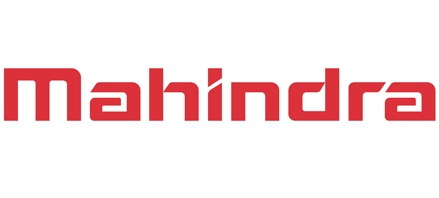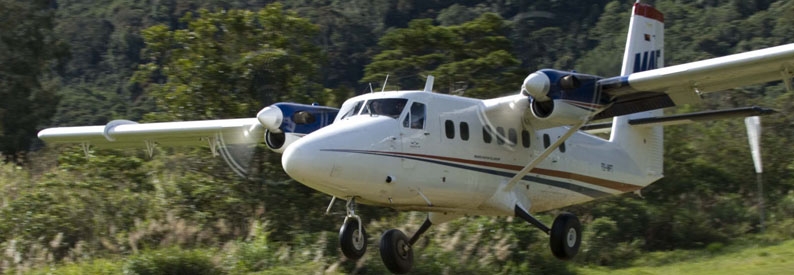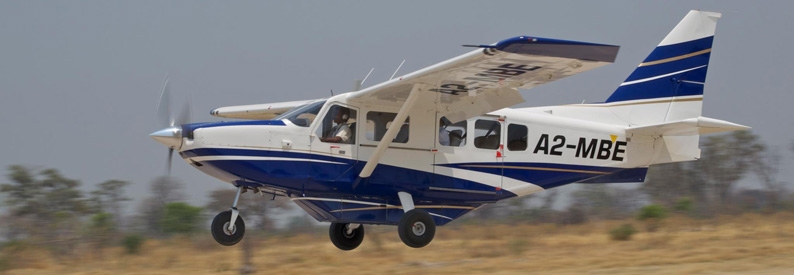Aviation regulators in the European Union, Australia, and New Zealand have lifted orders that had grounded all GA8 aircraft, the regulators said in separate statements. The ban had followed preliminary results in an inquiry probing the crash in Umeå, Sweden, of GA8-TC320 SE-MES (msn 178) on July 14 that killed nine people.
The Australian Civil Aviation Safety Authority (CASA), on whose authority the State of Design airworthiness directive was issued, said its temporary suspension of sixty-three GA8s in the country had been put in place as a safety precaution, due to initial information that the GA8 in Umeå had broken up in mid-air. But it later lifted the ban when it received further information that there was no evidence indicating a potentially unsafe condition with the aircraft type.
New Zealand's director of civil aviation, Graeme Harris, said the public, operators and pilots of the country’s twenty-one affected aircraft could be assured that concerns had been tackled.
“We will continue to monitor the investigation into the GA8 accident and will take appropriate action should any related safety issues become apparent,” he said.
The European Union Aviation Safety Agency (EASA) commented that CASA had informed it that an inspection of the aircraft that had crashed showed that "it appears to have been exposed to aerodynamic loads beyond those for which the type design is certificated" and that no evidence had been found to indicate that an unsafe condition existed or could develop that would warrant action.
The GA8's manufacturer, Australia's GippsAero (Traralgon), is majority-owned by Mahindra Aerospace (Traralgon), the aerospace subsidiary of Indian multinational conglomerate Mahindra Group.


